Keywords: England
There are more than 200 results, only the first 200 are displayed here.
-
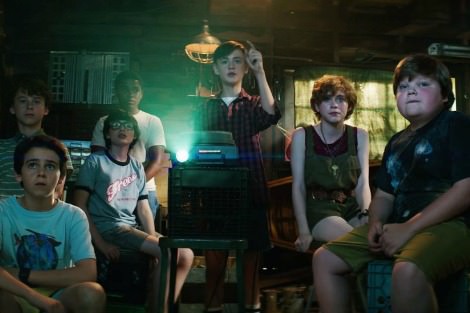
ARTS AND CULTURE
- Tim Kroenert
- 14 September 2017
1 Comment
When it comes to creative license, a necessity when adapting a novel of the scope of IT, every decision comes with costs and benefits. In an era where creators of popular entertainment are increasingly, and rightly, held to account over matters of representation, it is strange and disappointing that decisions would be made where the cost is to reduce a major, richly written character to a mere side note, and in so doing to diminish diversity, in a story that already sorely lacks it.
READ MORE 
-
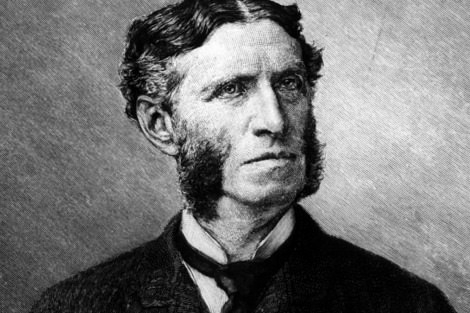
ARTS AND CULTURE
- Brian Matthews
- 07 September 2017
2 Comments
Born a few months after Shelley drowned and desperate to understand the living Nature the Romantics had known, Matthew Arnold too found the natural world had gone silent. Where Wordsworth had heard 'strange utterance [in] the loud dry wind' and 'the sky seemed not a sky / Of earth - and with what motion moved the clouds', Arnold sadly concluded that 'the world, which seems to lie before us like a land of dreams, so various, so beautiful, so new, hath really neither joy, nor love, nor light ...'
READ MORE 
-
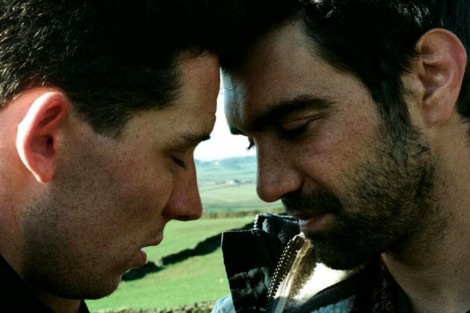
ARTS AND CULTURE
- Megan Graham
- 31 August 2017
4 Comments
The UK's Yorkshire moors seem like an ideal setting for a crude yet beautiful film about two shepherds falling in love. What's even better is a director bringing to the film his own history of such a place, adding the depth of familiarity with both the land and those who live off it. Such is the case with one-time Yorkshire farm boy Francis Lee's directorial debut, God's Own Country.
READ MORE 
-

ARTS AND CULTURE
- Tony Herbert
- 15 August 2017
5 Comments
It’s Monday, 24 September. The equinox passed a few days ago; the last of the monsoon showers seems to have gone. After Mass on my pre-breakfast walk, I notice the difference: the air fresh without the monsoon humidity, the lush green paddy crops, the dappled green and yellow of the early morning sun on the Sal trees. Out beyond the back of the parish is an unsurfaced road, good for stretching out. I first pass the houses of some of our Catholics, pukka, brick and cement, the fruit of their hard work and years of government employment.
READ MORE 
-

RELIGION
- Gillian Bouras
- 14 August 2017
12 Comments
Was Harry Potter’s 20th birthday to blame? Or the 200th anniversary of Jane Austen’s death? Or merely the ageing process? It’s hard to decide, but in a life quite possibly ruined by literature, I have started remembering some of the books I read in childhood.
READ MORE 
-
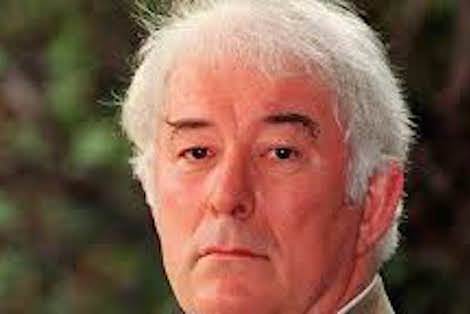
ARTS AND CULTURE
- Peter Gebhardt
- 08 August 2017
2 Comments
I found years on that my Birth Certificate
And Christening Documents spelt out a nominal fate
Of which I was totally unaware,
Dragging in English, Irish, German lines of past blood,
Like good stock,
Corriedales and merinos of good fleece.
READ MORE 
-
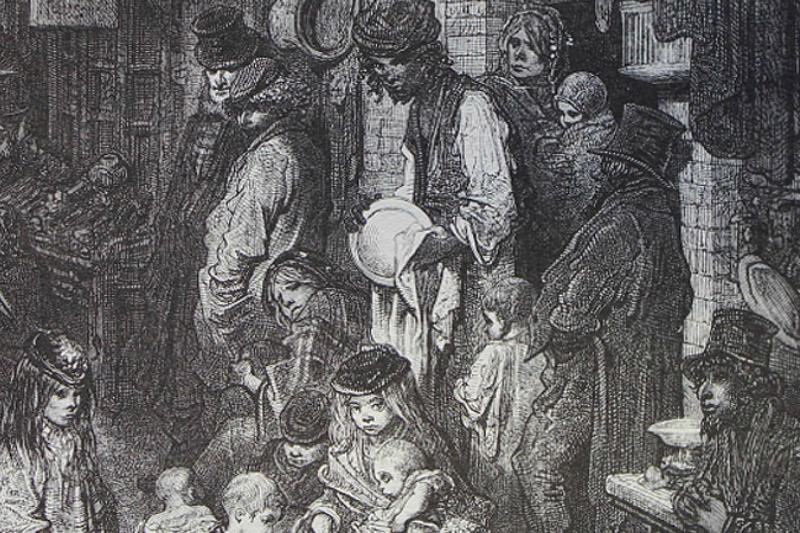
AUSTRALIA
- Andrew Hamilton
- 05 July 2017
17 Comments
A regular feature in Australian politics is the attempt to save money by penalising people who are struggling with life. It is usually accompanied by disparagement of the groups who are targeted. The strategy has a long history that provides a context. In 19th century England, a system was established that would encourage people to seek work by deterring them from seeking help. Central to this was the establishment of workhouses where the conditions would be more unpleasant than in any form of work.
READ MORE 
-

RELIGION
- Frank Brennan
- 03 July 2017
There is no point in proceeding with a referendum on a question which fails to win the approval of you, the First Australians. Neither is there any point in proceeding with a referendum which is unlikely to win the approval of the overwhelming majority of the voting public, regardless of when they or their ancestors first arrived in Australia. Given that you Indigenous Australians have spoken strongly through your representatives at Uluru in support of a First Nations Voice, it is now for the Referendum Council to recommend to government a timetable for constitutional change with maximum prospects of a 'Yes' vote.
READ MORE
-
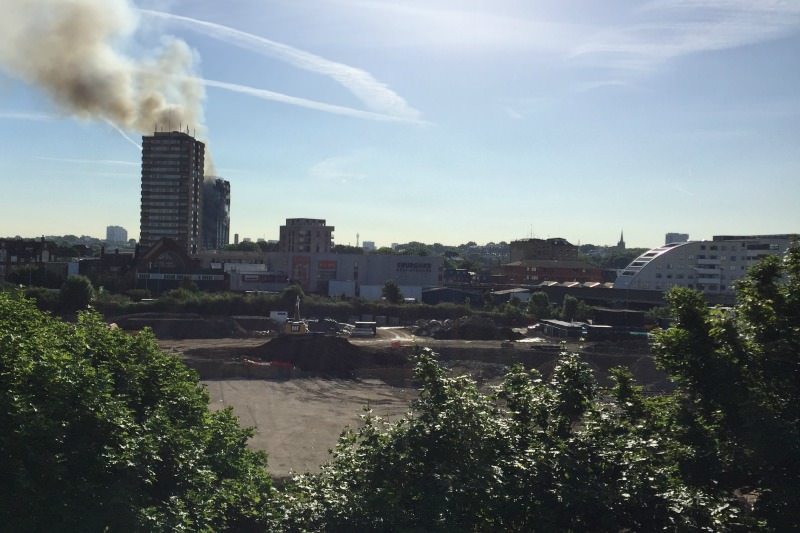
INTERNATIONAL
The Lancaster West Estate, which contains Grenfell Tower, is among the top ten per cent of the most deprived areas in England, but is located within the wealthiest local authority. As a former resident of the area the disaster has validated what I knew all along: that events such as these bring out both the best and the worst in people, and that this little corner of West London is a microcosm for greater society and an increasingly unequal world where the poor suffer while the rich increasingly prosper.
READ MORE 
-
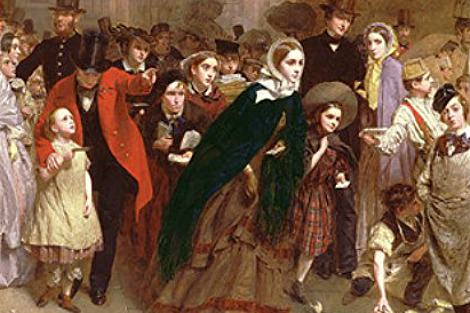
ARTS AND CULTURE
- Sarah Klenbort
- 15 June 2017
4 Comments
On a recent tour of Vaucluse House in Sydney's east, I couldn't help but notice, in every bedroom, a writing desk. I imagined Sarah Wentworth scribbling away with inkpot and pen 180 years ago. I wonder if the Wentworths went straight to their writing desks first thing in the morning, the way some people check their phones? The desire to receive news from someone somewhere else is century's old. In 1850 Tasmania had 11 newspapers, for a population of 70,000.
READ MORE 
-

INTERNATIONAL
Did he denounce Islam as 'evil' like the American evangelist Franklin Graham? Did he publicly denounce God as 'stupid' like Stephen Fry? On the contrary. Ahok is deeply respectful of Islam and has many Muslim supporters. The affair has done a serious disservice to Indonesia, presenting it as fanatical, racist and sectarian. While these perceptions are unfair, the affair also reveals some aspects of contemporary Indonesia that are obscured by Canberra's often lavish praise of our important neighbour.
READ MORE 
-

INTERNATIONAL
- Brian Matthews
- 04 May 2017
4 Comments
For all his demonstrable popularity, Reagan was a divisive figure. His Hollywood and TV show provenance were regarded with enduring suspicion by some, and many doubted his capacity to deal with the dangerous complexities of Cold War politics. Some even considered him a rogue. He was well into enjoying his overwhelmingly approved second term when, unnoticed by the President, his administration or anyone outside the city of Eugene, Oregon, I arrived in the United States.
READ MORE 